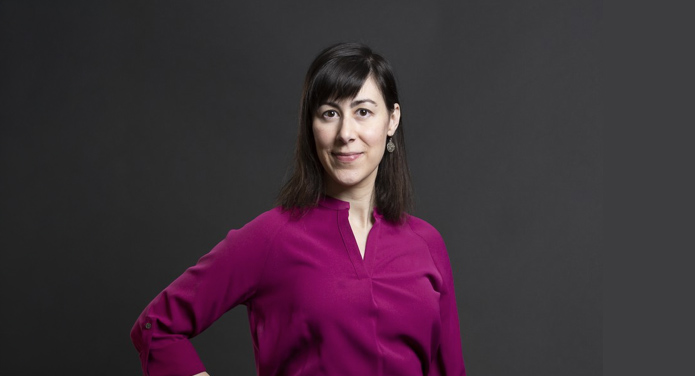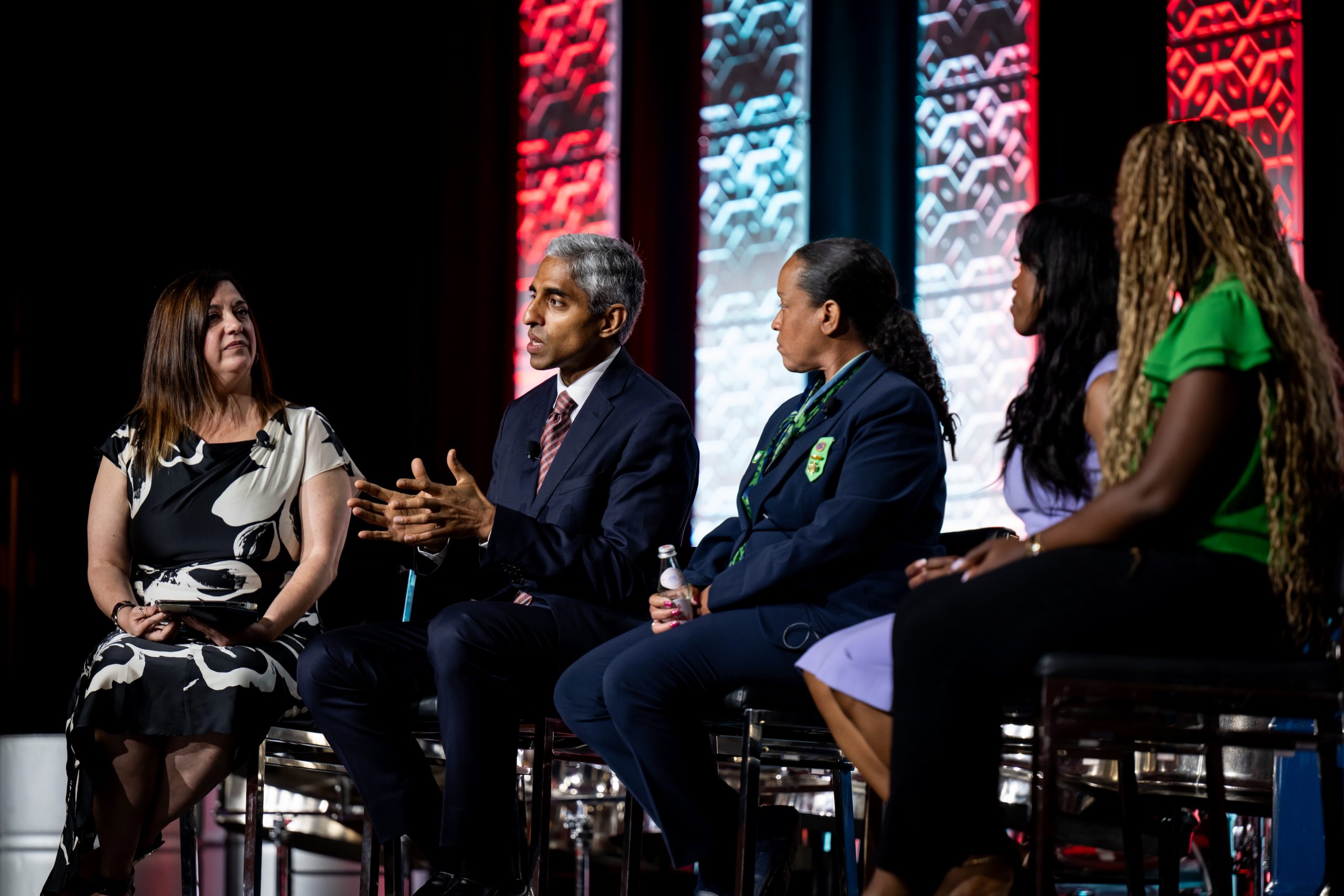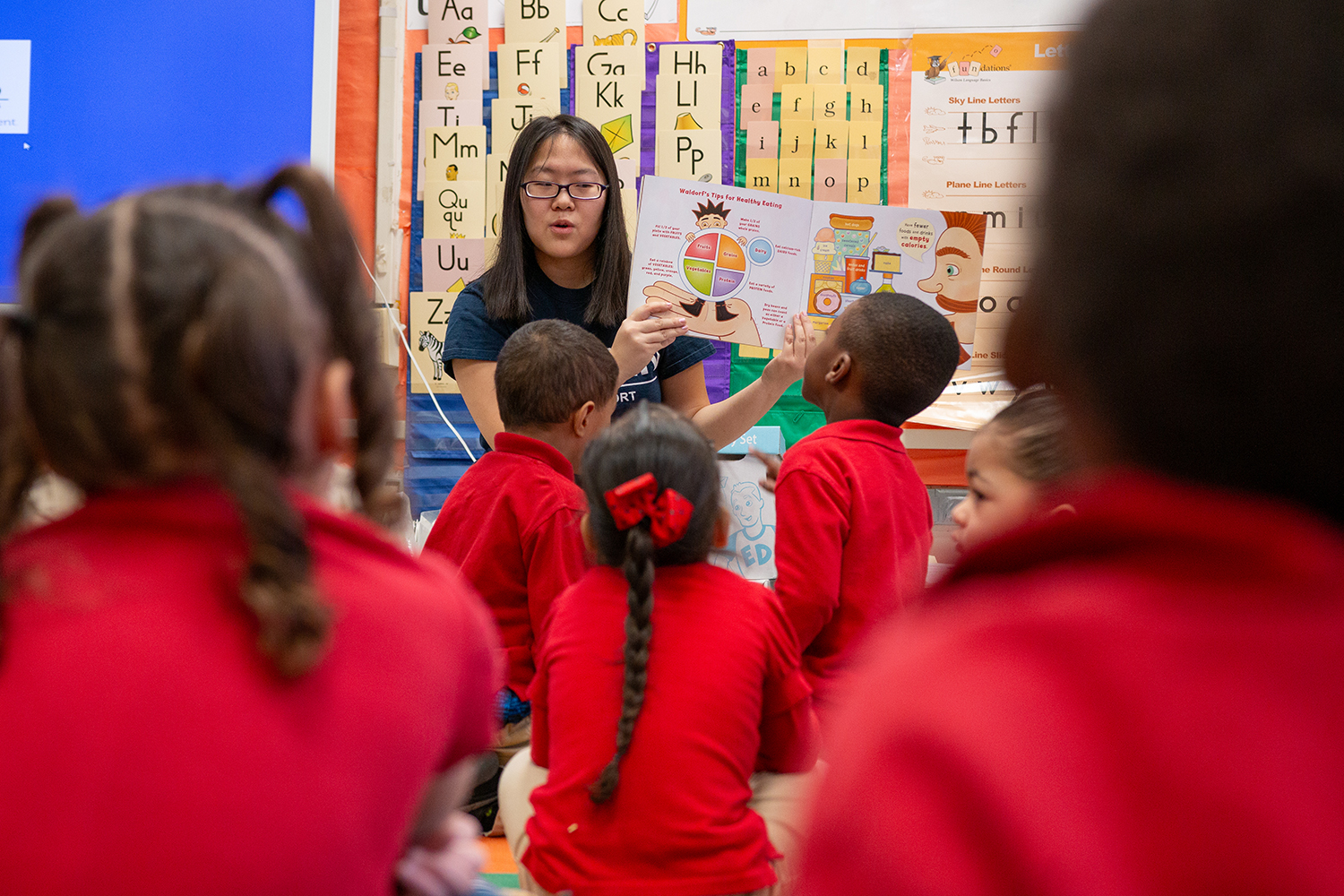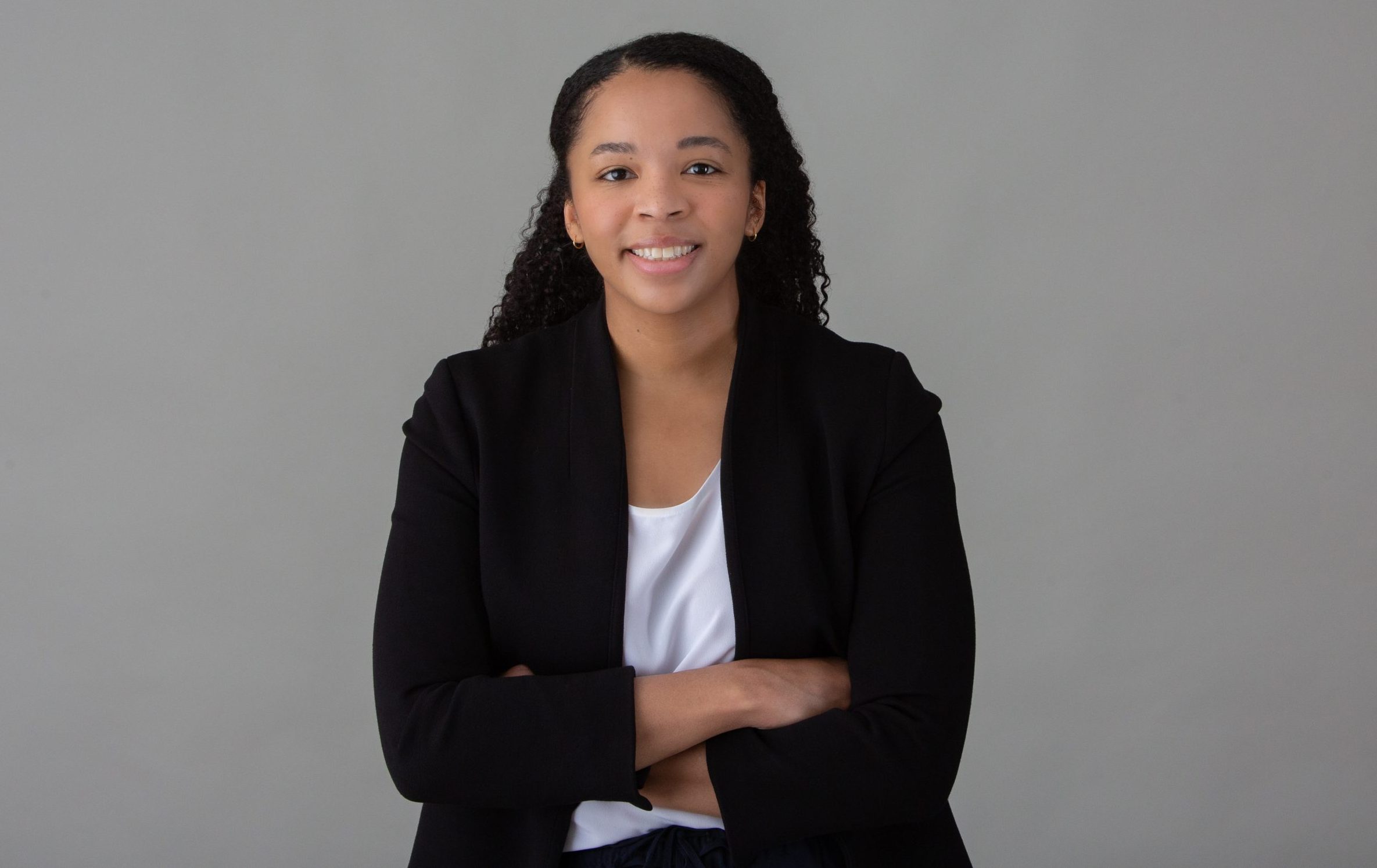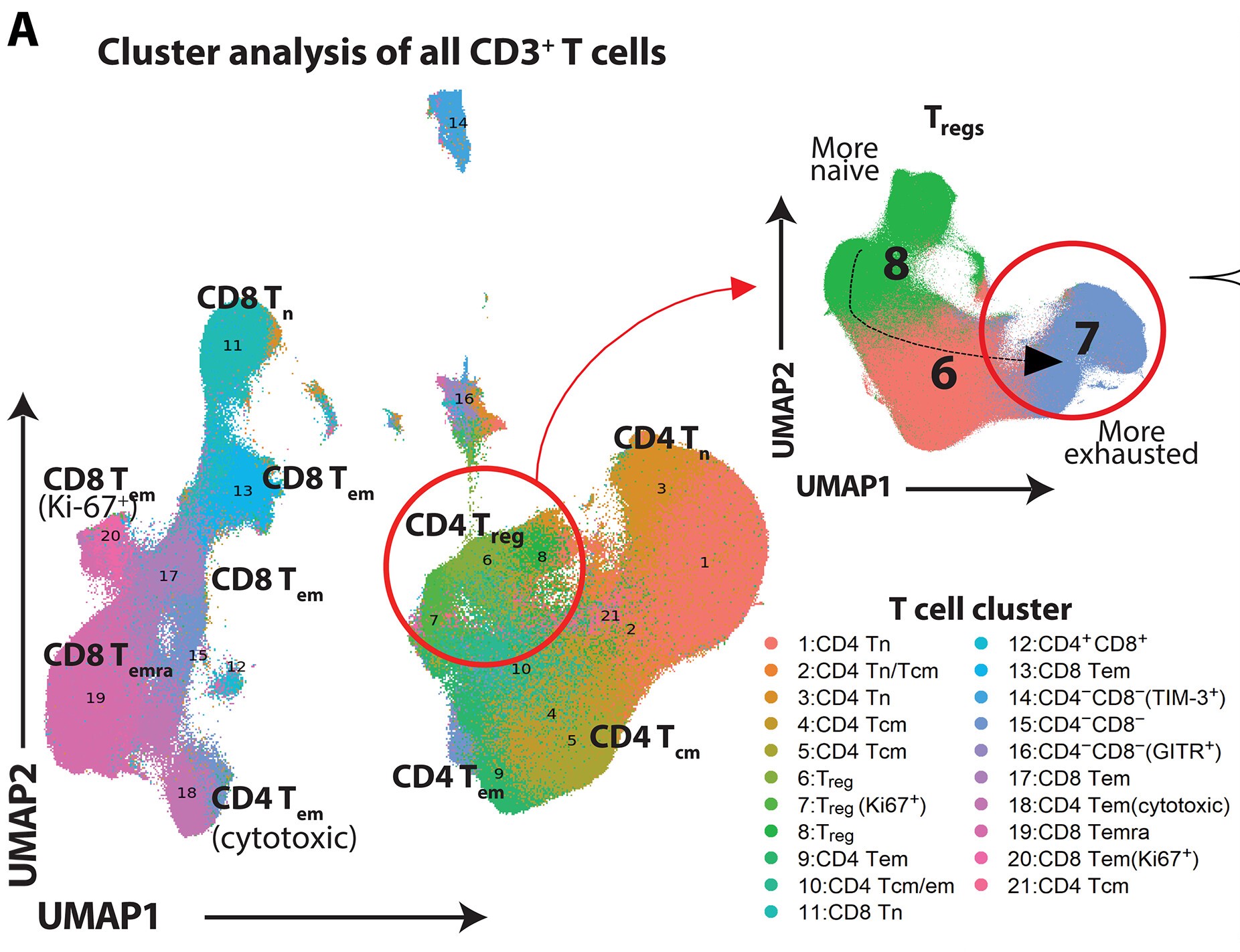Carolan Awarded NIH Loan Repayment Award in Recognition of her Long-COVID Research
When Kelsi Carolan worked as a clinical social worker in Boston 10 years ago, she witnessed patients navigating complex chronic illnesses with an array of symptoms.
In Spring 2020, several patients with symptoms suggestive of COVID-19 coined the term “long-COVID” after not being able to recover for weeks or months following the onset of the infectious disease.
“When long-COVID began to emerge, I noticed that the early conversations and reports on long-COVID unfortunately paralleled a lot of what I had seen as a medical social worker in terms of the challenges of navigating complex and unpredictable chronic illnesses,” says Carolan, assistant professor in UConn’s School of Social Work (SSW). “The big difference was this was a newly emerging, poorly understood illness and newly affecting so many people at once, so I became really interested in investigating how people were coping with its impacts on their daily lives and how our healthcare systems were reacting to and addressing it.”
That curiosity has since become the driving force of her research at the SSW. And this year, it earned her national recognition. Carolan received the NIH’s Loan Repayment Programs (LRP) for Health Disparities Research award, a highly competitive honor that supports promising early-career researchers while helping them pay off student debt. Between 2025 and 2027, the grant will repay up to $50,000 per year in student loan debt, freeing scholars like Carolan to pursue ambitious research projects focusing on minority health or health disparities. Additionally, Rachel Tambling, professor in the Department of Human Development and Family Sciences, is co-PI of the project.
Her study, “Investigating the effects of long-COVID on employment, family and social relationships, and mental health: Informing pathways for psychosocial intervention,” explores the wide-ranging impacts of long-COVID on individuals and families with a particular focus on mental health, employment, and social relationships. It aims to fill critical knowledge gaps while laying the groundwork for future intervention programs.
“Long-COVID is a novel and poorly understood chronic illness, and we are only beginning to understand its full social and psychological toll,” Carolan says. “This award underscores the importance of examining how the illness affects people’s ability to work, sustain family relationships, and maintain their mental health, especially in communities that have been hardest hit by the pandemic.”
Carolan’s research centers on the social determinants of health—the societal and environmental conditions that influence health outcomes—with a specific emphasis on chronic illness and physical disability.
Carolan will complete two qualitative studies in fulfillment of her LRP award, focusing on 1) How long-COVID affects employment, mental health, and family support systems from the perspective of individuals living with the illness. And 2) How family caregivers of individuals with long-COVID are impacted in terms of their own mental health, job stability, and social wellbeing.
“I know that illnesses like long-COVID can have massive impacts on our everyday experiences—especially work and social/family relationships, and I knew that those aspects of the illness were likely to be under-addressed by healthcare systems,” she says. “I’m also interested in how living with chronic illnesses can impact mental health, especially when, in the case of long-COVID, symptoms are often initially dismissed or treated as only psychiatric by healthcare providers.”
“Long-COVID is a novel and poorly understood chronic illness, and we are only beginning to understand its full social and psychological toll.” — Kelsi Carolan
By centering the voices of long-COVID patients and their caregivers, Carolan’s work will inform the development of culturally responsive, community-informed interventions, especially for racial/ethnic minority and low-income populations disproportionately affected by the pandemic.
“Dr. Carolan’s work exemplifies the School of Social Work’s commitment to advancing health equity and improving lives through rigorous, community-engaged research,” says SSW Dean and Professor Laura Curran. “We are incredibly proud of her achievement and look forward to the important insights her work will bring to this critical area of social work and public health.”
As part of her LRP award, Carolan will also build toward a future K01 grant proposal—a pathway to sustained NIH funding—to develop and pilot a self-management program for long-COVID. This interdisciplinary initiative will focus on building effective coping strategies for living with long-COVID, workplace adaptation, and caregiver support.
Carolan is collaborating with an interdisciplinary team at UConn, including faculty in Human Development and Family Sciences, Pharmacy Practice, and UConn Health’s Pulmonary and Critical Care division. The research is also backed by internal support from UConn’s Office of the Vice President for Research through the Research Excellence Program.
“Interdisciplinary collaboration is essential to designing and implementing research that fully captures and addresses the complexity of individuals’ experiences with chronic illness, not only in navigating the healthcare system but in navigating the impact of chronic illness on their daily lives,” she says.
Carolan joined the UConn School of Social Work in 2020, following completion of her Ph.D. in social work at Boston University. Her earlier work examined how stigma and social support affect employment outcomes for people with chronic, progressive diseases like Parkinson’s. She also holds an MSW from Boston College and a BA in music from Michigan State University.
With her LRP-supported project, Carolan is helping position UConn as a leader in understanding and addressing the long-term health and social consequences of the COVID-19 pandemic.
“Through this project, I hope to understand the real-life challenges people are facing and help to build evidence-based solutions that improve health, stability, and wellbeing,” she says.
Latest UConn Today
- Building A World Where Young People Thrive: SSW’s Innovations Institute Hosts 2025 Training InstitutesThe UConn School of Social Work’s Innovations Institute offered more than 160 workshops focusing on ways to improve outcomes for children, young adults, and families
- Husky Reads Brings the Joy of Reading and Healthy Lifestyles to Connecticut PreschoolersThe UConn Husky Nutrition & Sport initiative connects UConn students with hundreds of young children across the state each year
- UConn Students Explore Entrepreneurship Across Borders Through an Abrahamic LensThe program will be offered again in Spring 2026
- Real Estate Professor Cohen: Study Confirms that Properties Adjacent to Tornado Destruction Initially Plunge in ValueLessons learned may apply to areas recovering from other natural disasters
- Elite Neurosurgery Residency Thriving at UConnMeet one of the future neurosurgeons training at UConn, Dr. Taylor Burch. As a Black woman, she’s a rarity in the neurosurgery field
- Blocking Cancer Cells from SpreadingPublished findings in Science Translational Medicine identify a future biomarker that may help match a melanoma patient with the right therapy for them.



